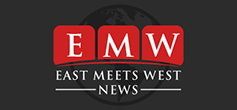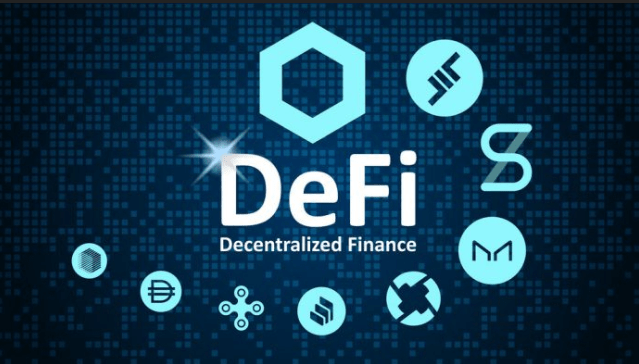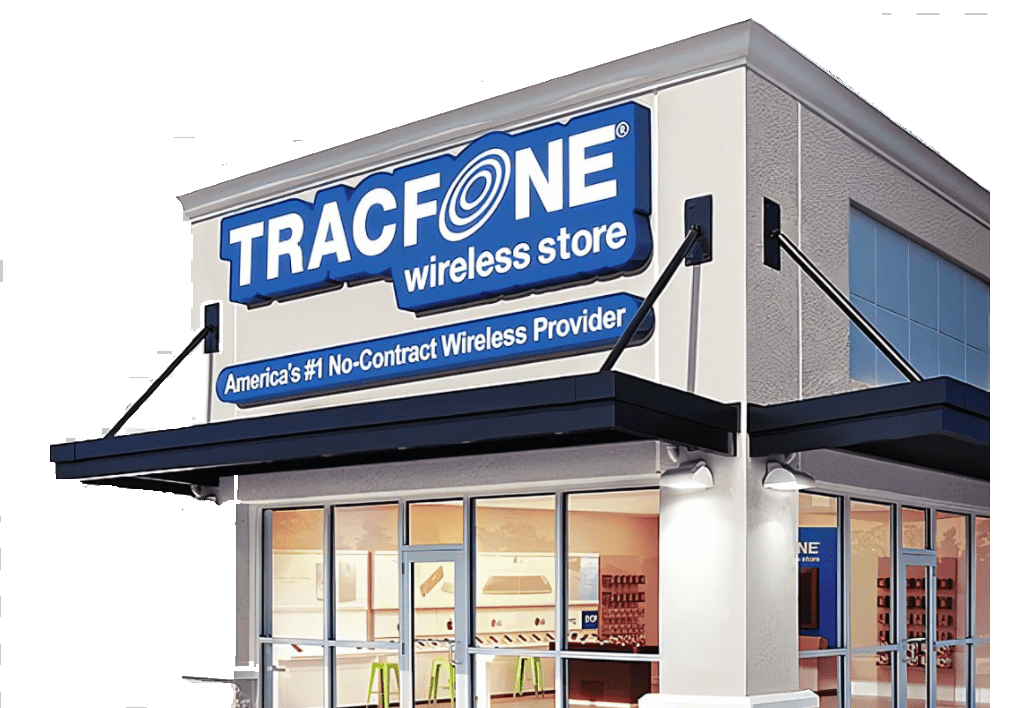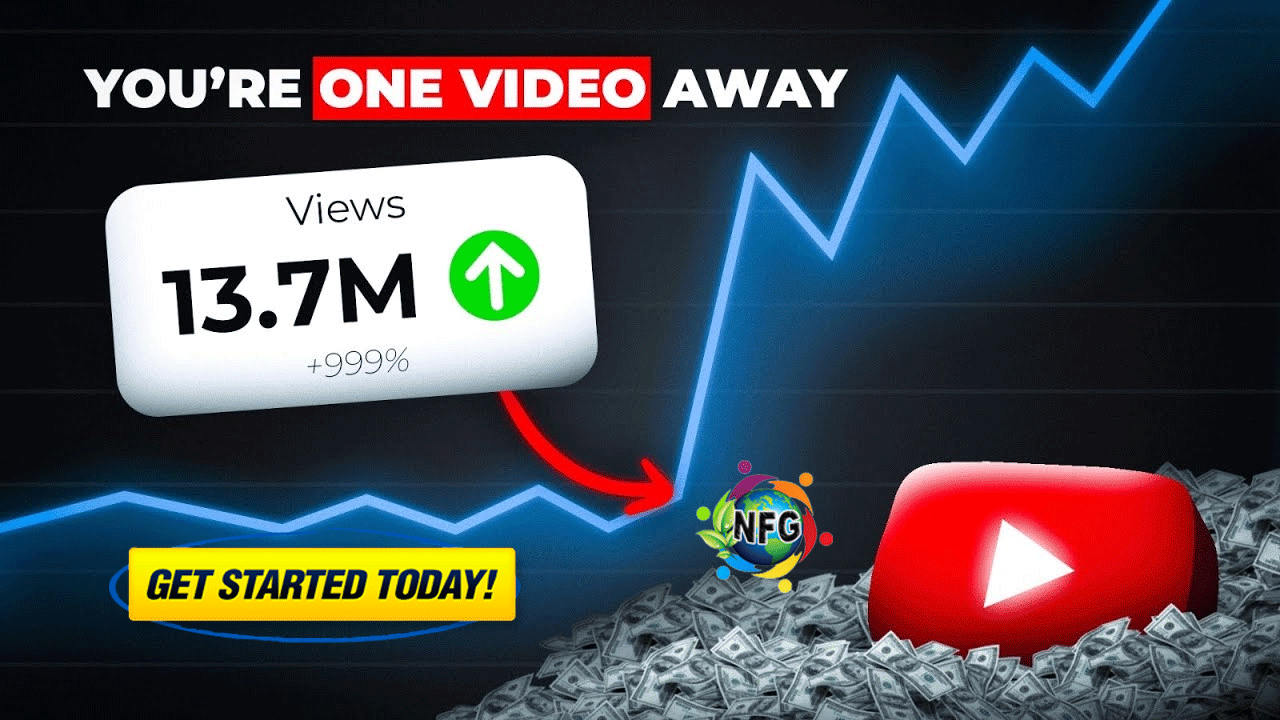The Supreme Court’s Upcoming Ruling Could Shake the Internet Landscape: Are Internet Firms Ready for the Change in Liability?
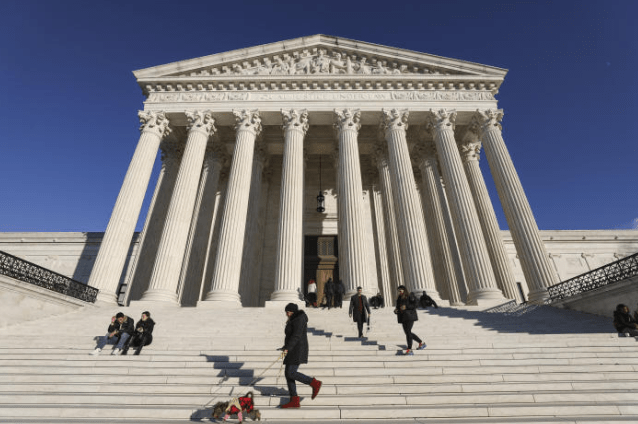
The U.S. Supreme Court is set to hear arguments in a case that could significantly impact the liabilities of internet firms. The case in question is Gonzalez v. Google and concerns the interpretation of Section 230 of the Communications Decency Act of 1996, which provides immunity for websites that moderate or fail to moderate content posted by third parties. The case seeks to hold Google liable for the death of Nohemi Gonzalez, a U.S. citizen killed in an ISIS attack in Paris in December 2015, alleging that YouTube recommended inflammatory videos made by ISIS, which played a role in recruiting the attackers. The outcome of the case could result in significant changes to the risks of recommending online social content. This article discusses the various arguments and interpretations of Section 230 in the case and what it could mean for internet firms.
Table of Contents
- Introduction
- What is Section 230 of the Communications Decency Act of 1996?
- Background of Gonzalez v. Google
- Conflicting interpretations of Section 230’s liability shield
- The Ninth Circuit’s decision
- Arguments in Gonzalez v. Google
- Potential impact on internet firms
- FAQs
- Conclusion
What is Section 230 of the Communications Decency Act of 1996?
Section 230 of the Communications Decency Act of 1996 is a law that provides immunity for online platforms from legal responsibility for harm(s) third-party content may cause. The law is often cited as containing the “26 words that created the internet” and has been instrumental in the rapid proliferation of interactive websites like YouTube, Facebook, Instagram, and Twitter. The law enables online platforms to make “good faith” efforts to moderate user-generated content deemed “objectionable” without facing legal liability over that content. The law states that “No provider or user of an interactive computer service shall be treated as the publisher of or speaker of information provided by another information content provider.”

Background of Gonzalez v. Google Gonzalez v. Google
This is a case that seeks to hold Google liable for the death of Nohemi Gonzalez, a U.S. citizen killed in an ISIS attack in Paris in December 2015. The family members and estate of Gonzalez argue that Google should be held at least partially liable for her death, alleging that the company’s YouTube service knowingly permitted and recommended, via algorithms, inflammatory ISIS-created videos that allegedly played a key role in recruiting the attackers. The U.S. District Court for the Northern District of California dismissed the lawsuit at Google’s request, concluding that Section 230 barred the claims because ISIS, not Google, created the videos. The Gonzalez family members and estate have appealed the decision.
Conflicting interpretations of Section 230’s liability shield
Courts have had conflicting interpretations of Section 230’s liability shield, leading to different outcomes in similar cases. In a case alleging that Facebook’s algorithmic recommendations led to killings by the Islamist militant group Hamas, the U.S. Court of Appeals for the Second Circuit held in Force v. Facebook that Section 230 protected the social media company from liability. The court reasoned that recommendations brought about the same effect as native third-party posts. However, in a partial dissent, Judge Robert Katzman argued that content recommendations convey messages beyond the defendant itself and therefore strip away Section 230 protection. He said that extending Section 230 to recommendations immunizes social media from “unsolicited, algorithmic spreading of terrorism.” In another case, Dyroff v. Ultimate Software Group, the Ninth Circuit held that the defendant’s email recommending another party’s content amounted to acting as a publisher. The majority held that Section 230 still protected the defendant from liability because its recommendation method, via the algorithm, treated harmful other-party content the same as other-party-created content.
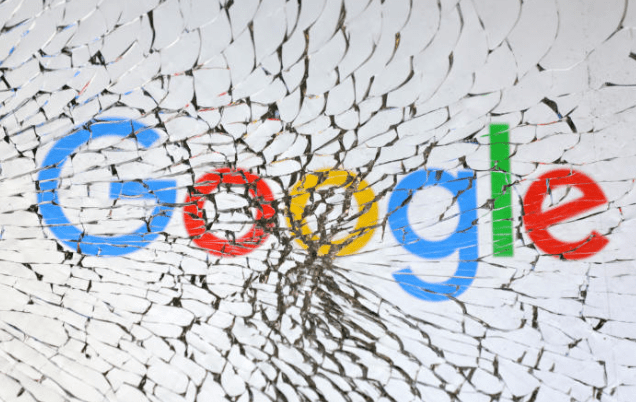
The Ninth Circuit’s decision In Gonzalez v. Google
Gonzalez v. Google was a class-action lawsuit filed in 2006 by a group of plaintiffs alleging that Google’s AdWords service violated California state law by allowing trademarked terms to be used as advertising keywords. The lawsuit was initially dismissed by a district court but was later revived by an appeals court, which allowed the plaintiffs to proceed with their claims. The case eventually settled in 2017, with Google agreeing to pay $22.5 million to the plaintiffs and making changes to its AdWords service to prevent the use of trademarked terms as advertising keywords. The case had significant implications for online advertising and trademark law, and it highlighted the challenges that arise when traditional legal concepts are applied to rapidly evolving digital technologies.
Arguments in Gonzalez v. Google
The arguments presented in the Gonzalez v. Google case were complex and multifaceted. The plaintiff’s main argument was that Google was unlawfully collecting and storing the personal information of students who use its G Suite for Education, a set of cloud-based tools and services designed for schools. The plaintiff alleged that this violated the Family Educational Rights and Privacy Act (FERPA), a federal law that protects the privacy of student educational records. Google countered that it was not subject to FERPA because it did not have direct control over the data collected by its education tools, and that it had taken steps to ensure that the data was secure and protected. Additionally, Google argued that the plaintiffs did not have standing to bring the lawsuit because they had not suffered any actual harm or injury.
Potential impact on internet firms
The outcome of the Gonzalez v. Google case has the potential to impact not only Google but also other internet firms. If the court rules in favor of the plaintiff, it could set a precedent for future cases involving online privacy violations. This could lead to increased legal scrutiny and potential financial penalties for internet companies that collect and share user data without clear and explicit consent. Additionally, it could also result in more stringent regulations and guidelines for online data collection and privacy, which could affect the way internet firms conduct their business. Therefore, this case has far-reaching implications for the tech industry and could potentially reshape the way user data is collected and used online.
FAQs:
- What is Section 230 of the Communications Decency Act? Section 230 is a law that provides immunity to websites and internet service providers from liability for user-generated content. It states that “No provider or user of an interactive computer service shall be treated as the publisher or speaker of any information provided by another information content provider.”
- What is the Gonzalez v. Google case about? The Gonzalez v. Google case is about whether Google can be held liable for recommending inflammatory ISIS-created videos that allegedly played a key role in recruiting attackers who killed a U.S. citizen in a terrorist attack. The plaintiffs argue that Google should be held at least partially liable for her death, while Google maintains that it is protected by Section 230’s immunity provisions.
- How could changes to Section 230 affect internet firms? If the Supreme Court decides to limit the immunity granted by Section 230, companies like Google, Facebook, and Twitter could face an influx of lawsuits, and their revenues could be affected. Additionally, they may need to invest more resources in content moderation and risk assessment.
- Why is the outcome of the Gonzalez v. Google case uncertain? The outcome of the Gonzalez v. Google case is uncertain because it depends on how the Supreme Court interprets the language and intent of Section 230. The court must decide whether websites that make targeted recommendations are entitled to full immunity under the law or whether their actions should be subject to liability.
- How could the Supreme Court’s decision in Gonzalez v. Google shape the future of the internet? The Supreme Court’s decision in Gonzalez v. Google could shape the liability game for internet firms for years to come. Companies that rely on user-generated content and targeted recommendations will need to stay informed about developments in the legal landscape and be prepared to adapt their strategies accordingly.
Conclusion
In conclusion, the outcome of Gonzalez v. Google could have far-reaching consequences for both individuals and internet companies. The case raises important questions about online privacy, data collection, and the responsibility of tech companies to protect their users. The arguments put forth by both parties highlight the complexities of these issues and the need for careful consideration and regulation. The potential impact on internet firms could also have significant implications for the tech industry as a whole. As the case moves forward, it will be closely watched by legal experts, privacy advocates, and the public alike.
Keywords: Gonzalez v. Google, the U.S. Supreme Court, and the Future of Internet Liability, Section 230 of the Communications Decency Act of 1996, Interpretation in Gonzalez v. Google, The Impact of Gonzalez v. Google on Online Content Moderation and Censorship, The Legal Implications of Gonzalez v. Google for Internet Companies and Free Speech, The Debate Over Internet Regulation and the Crucial Case of Gonzalez v. Google, Examining Section 230 and the Responsibilities of Online Intermediaries in Gonzalez v. Google, How the Outcome of Gonzalez v. Google Could Change the Internet Landscape, Google’s Legal Liability and the Precedent-Setting Case of Gonzalez v. Google, Free Speech in the Digital Age: The Significance of Gonzalez v. Google, A Closer Look at Section 230 and the Upcoming Supreme Court Case of Gonzalez v. Google, The Pivotal Moment for Online Intermediaries and Content Moderation: Gonzalez v. Google, The Complexities of Section 230: A Preview of Gonzalez v. Google, Insights into the Future of Internet Liability from Gonzalez v. Google, The Digital Era and the Legal Debate over Internet Censorship: Gonzalez v. Google, Redefining Online Responsibility for Internet Companies: Gonzalez v. Google, The High-Stakes Legal Battle over Internet Liability and Free Speech in Gonzalez v. Google, The Controversial Debate over Section 230 and Internet Regulation Through Gonzalez v. Google, The Future of Internet Liability and the Implications for Online Content Moderation: Gonzalez v. Google, The U.S. Supreme Court, Gonzalez v. Google, and the Changing Landscape of Online Liability, The Interpretation of Section 230
